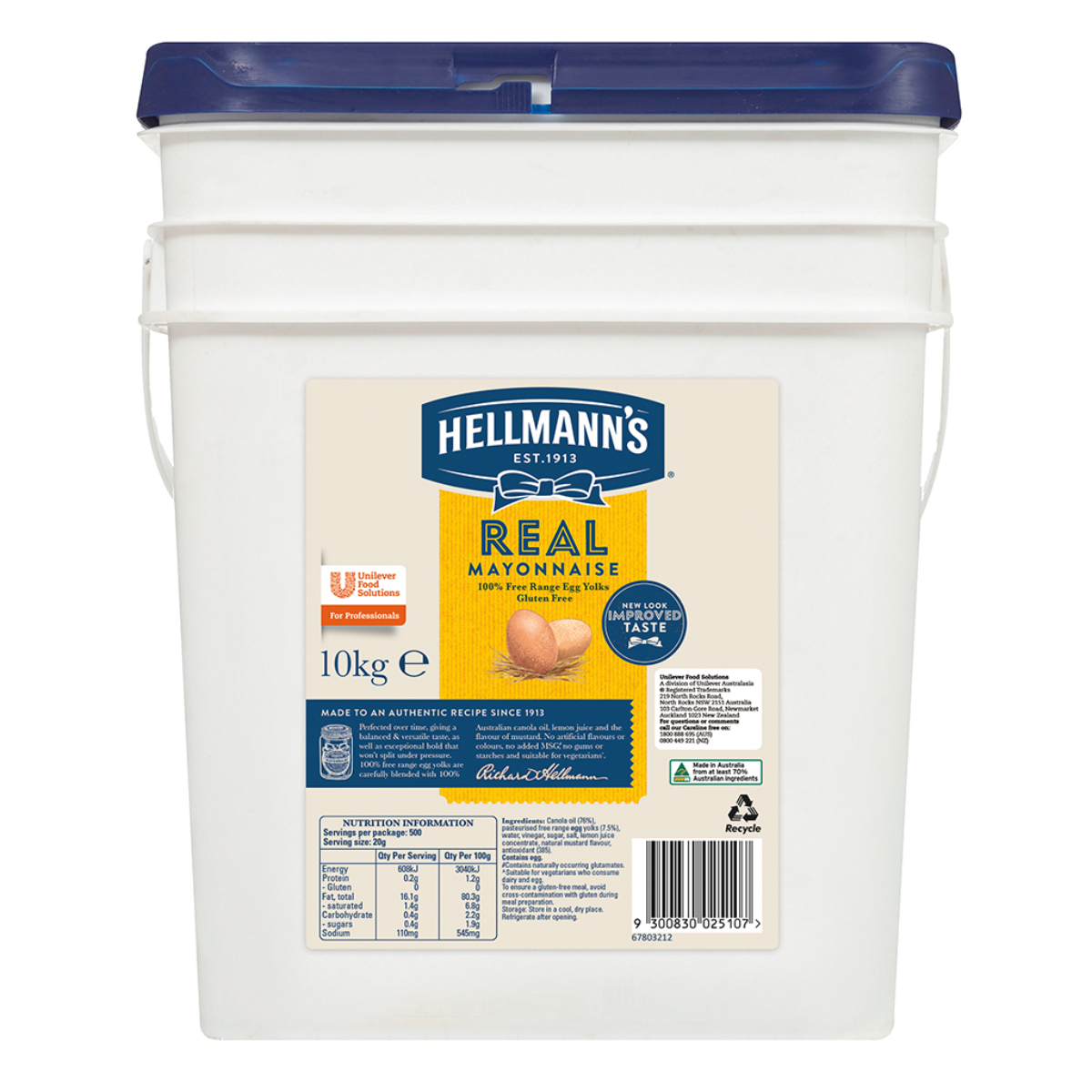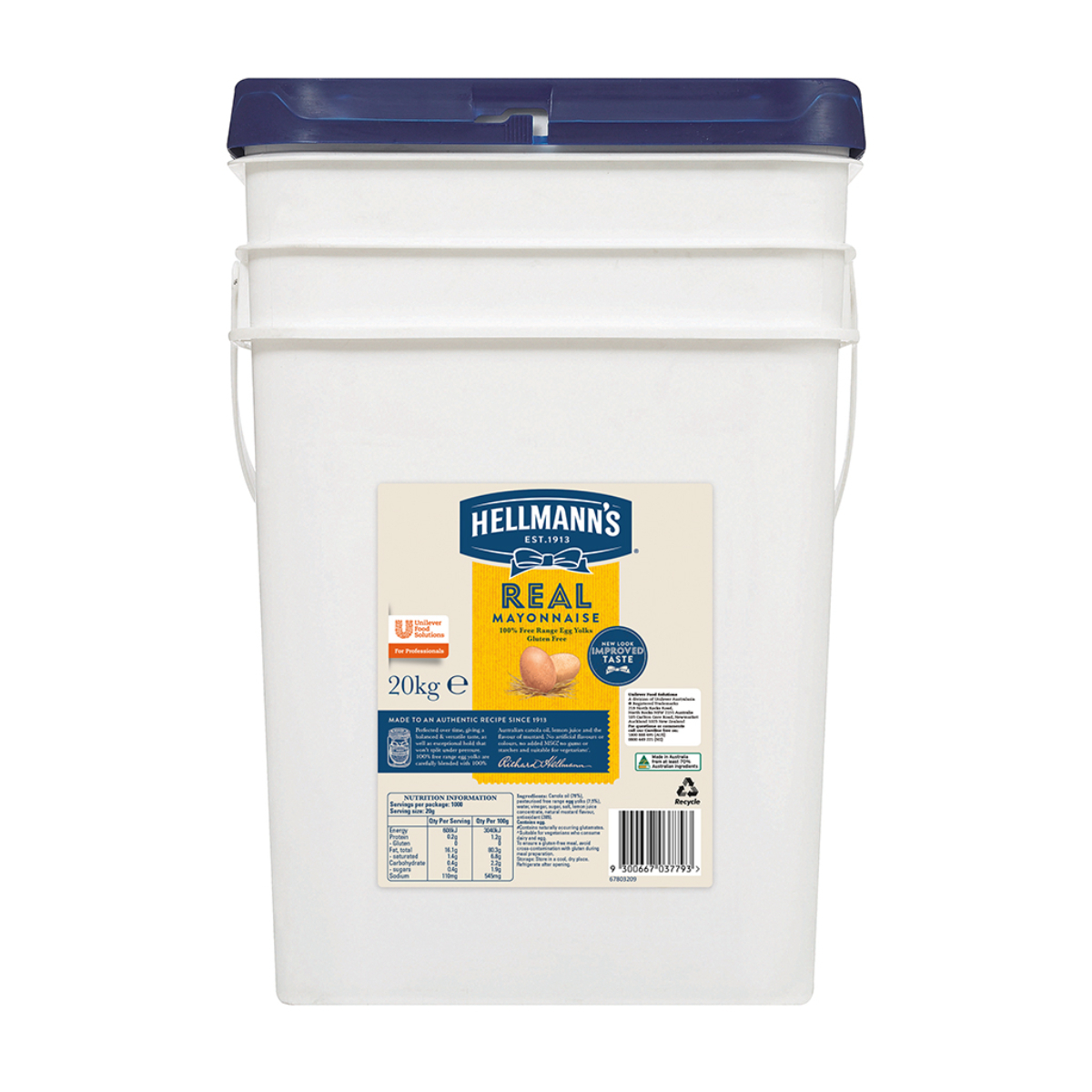It can take a lot of courage for staff to report concerns to their superiors, and if there’s no action afterwards, it can feel like their complaint fell on deaf ears.
Heidi Moore, chef and senior food producer on MasterChef Australia and Dessert Masters, says it’s the follow-up in the reporting process that really makes the difference to staff wellbeing and kitchen culture.
“Oftentimes people are happy to raise concerns but it’s the lack of follow-up that causes issues – that’s a very common feeling across the industry,” she says.
“There’s a sense that concerns can be downgraded by managers [who are] not trained in follow-up procedures.”
If you’re experiencing a high staff turnover instead of a strong and stable team, Moore suggests reviewing your follow-up procedures.
Chef and restaurateur,Darren Roberston , co-owner of Three Blue Ducks, says that mastering follow-up really comes down to clear communication.
“If you’re not following up with an issue that’s been raised, this will add more frustration – you have a responsibility to act upon it,” he says.
“And if you can’t change it right there, then communicate that.”
Nick Cross, culinary trainer and chef of 12 years, says written procedures that staff can follow can really help in dealing with conflict or concerns.
“Then [the issue] can be put to a higher-up to set a plan and – crucially – a timeframe for resolution,” he says.
“It’s important to have a clear pathway to follow instead of just an ‘Okay, I’ll fix it’ or muddled words that don’t give a solid end point.”

























































































